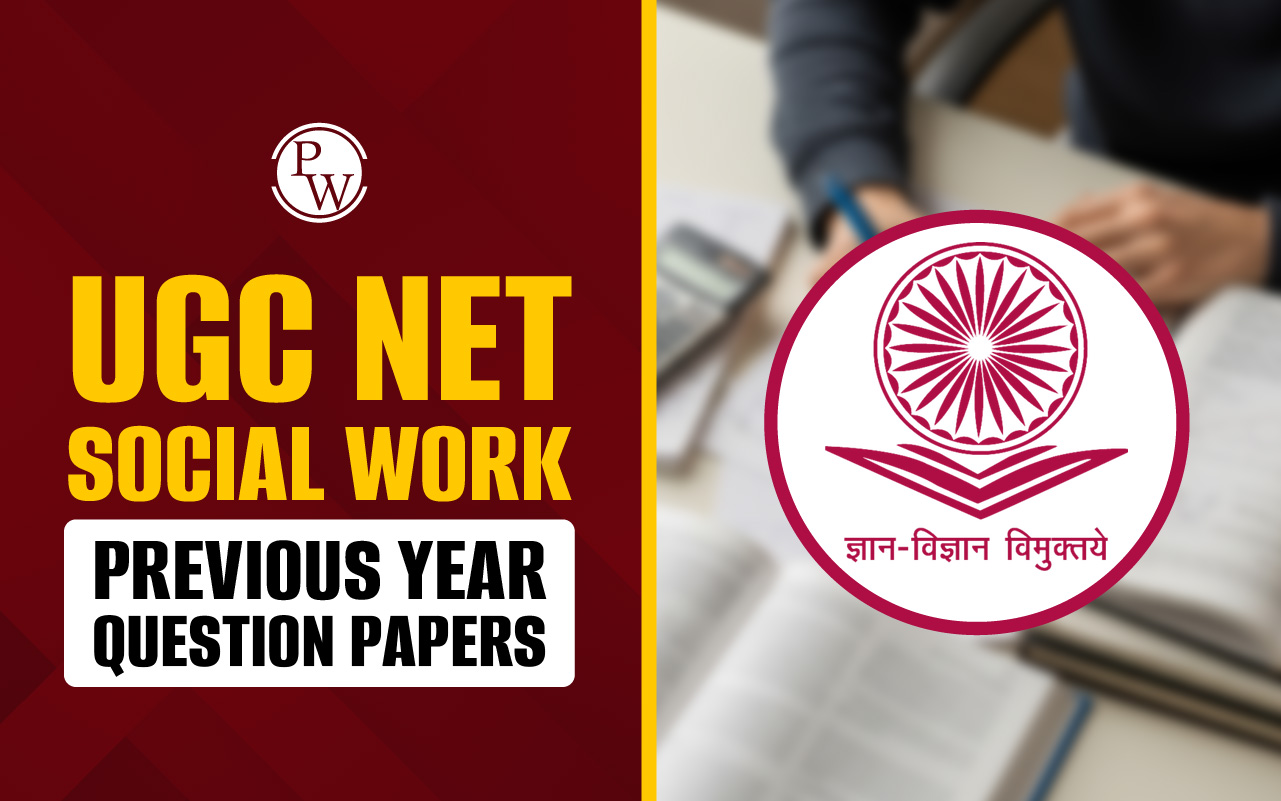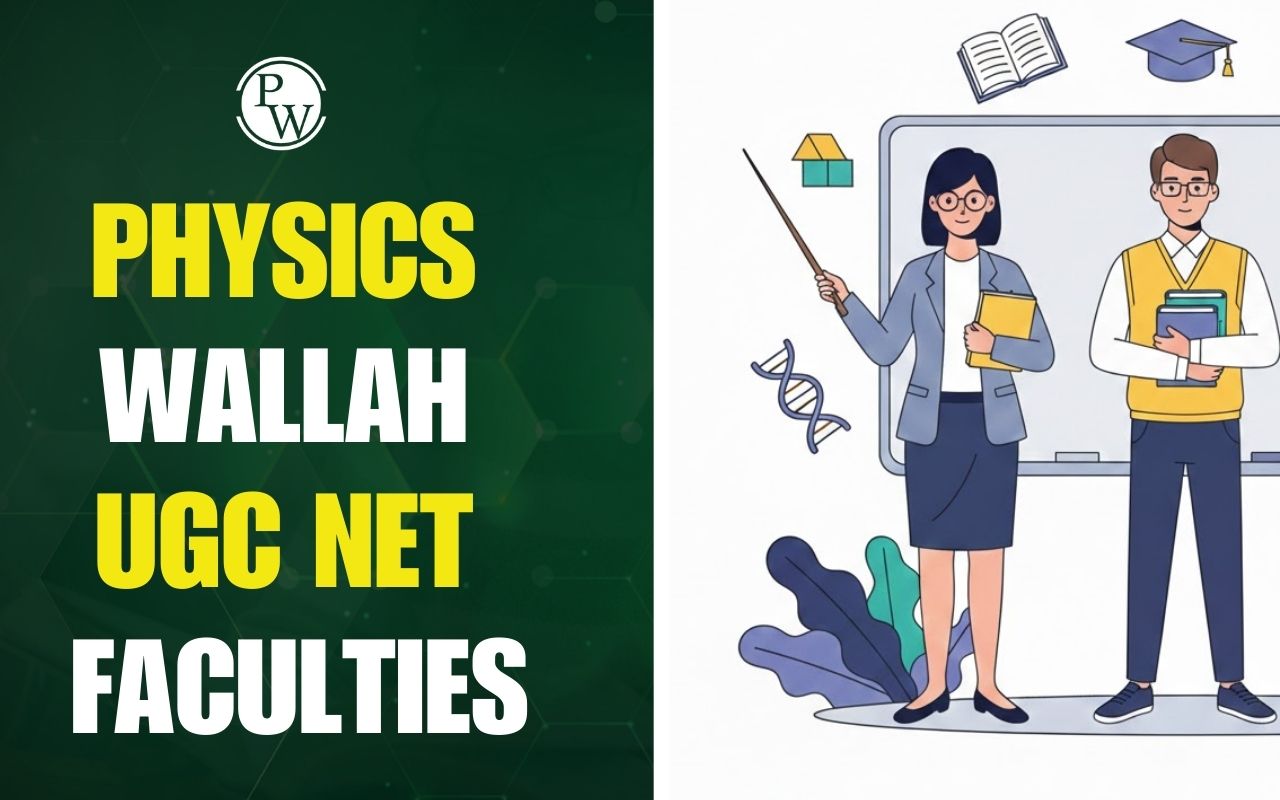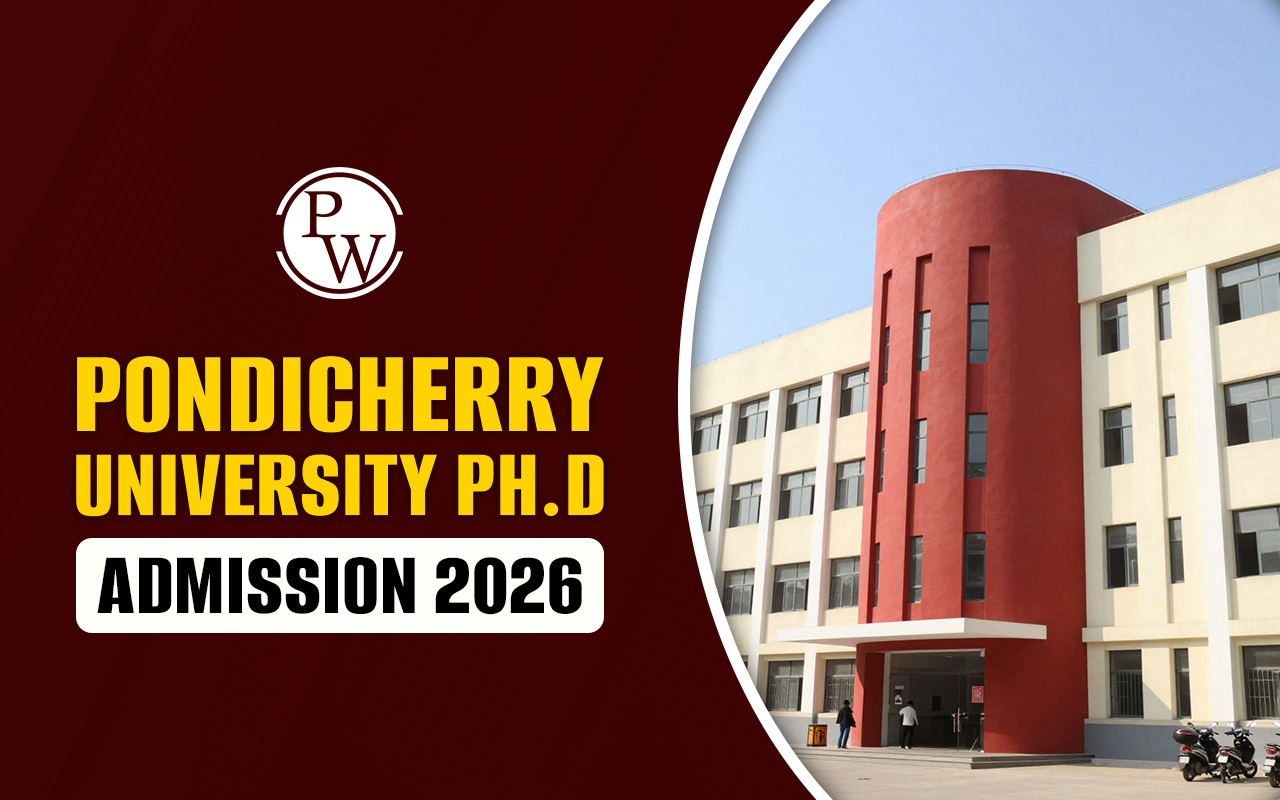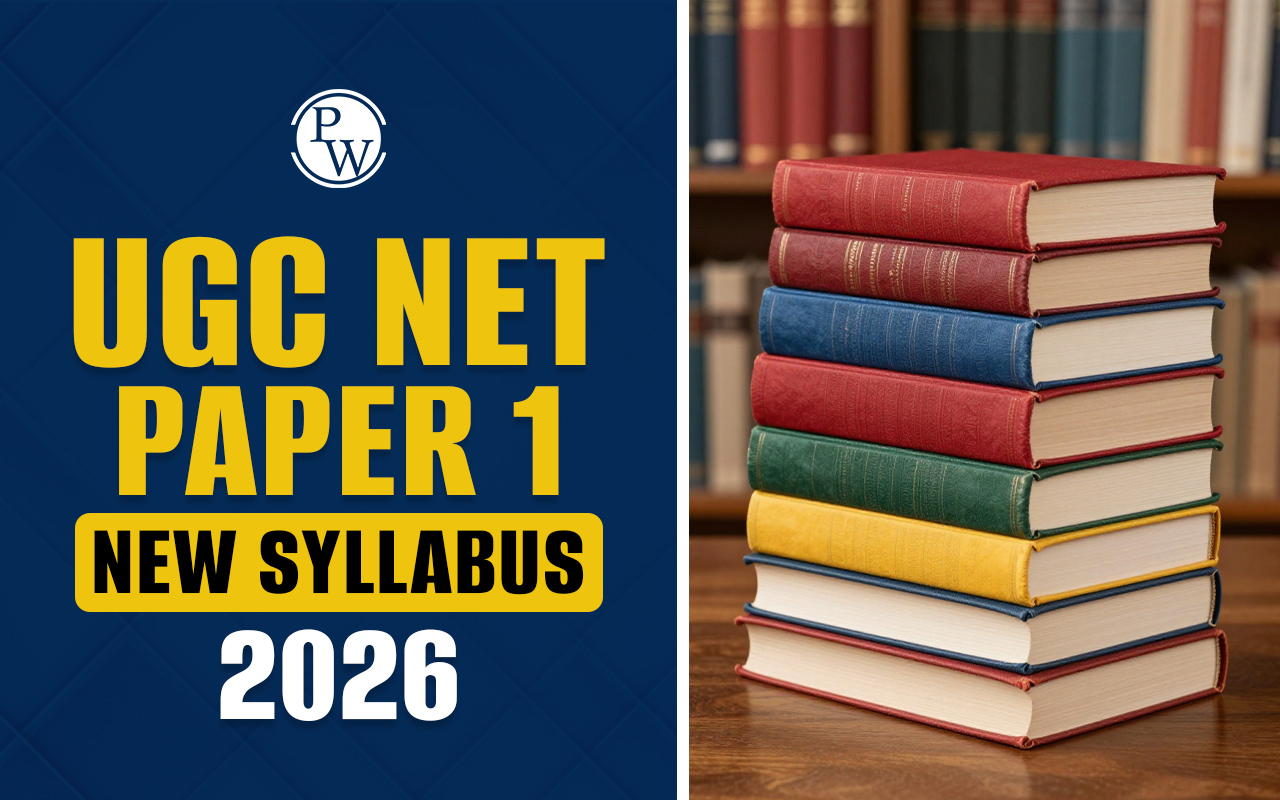
UGC NET Exam Analysis 2024 28th August Shift 2 : The UGC NET Exam 2024, held on 28th August Shift 2 ( 3:00 PM to 6:00 PM ), was conducted online by the National Testing Agency (NTA). This shift included two papers: Paper 1 (General Aptitude) and Paper 2 (Subject-Specific). The subjects covered in this shift were Punjabi, Tamil, and Geography.
The overall difficulty level of the UGC NET 2024 exam for 28th August Shift 2 was easy to moderate. Paper 1 was generally easier compared to Paper 2, where candidates found the subject-specific questions to be more challenging.UGC NET Exam Analysis 2024 28th August Shift 2
The UGC NET Exam Analysis 2024 for 28th August Shift 2 has been updated, providing an overview of the exam pattern, difficulty level, and good attempts. Paper 1, focused on General Aptitude, was generally easier with a moderate difficulty level. The overall difficulty level of the exam was easy to moderate. The good attempts for Paper 1 ranged from 42 to 46. Paper 2, subject-specific, was more challenging, with a difficulty level of easy to moderate. The good attempts for Paper 2 ranged from 75 to 80.UGC NET Exam Analysis 2024 28th August Shift 2 Overview
The UGC NET Exam Analysis 2024 is a crucial evaluation of the National Testing Agency's (NTA) online examination held on August 28, 2024. The analysis aims to provide an overview of the exam pattern, difficulty level, and types of questions asked in the first shift. This information will help aspirants prepare better for their upcoming exams.| UGC NET Exam Analysis 2024 28th August Shift 2 Overview | |
| Exam Name | UGC NET 2024 |
| Conducting Body | National Testing Agency (NTA) |
| UGC NET 2024 Exam Date | 28 August 2024 (Shift 2) |
| Exam Level | National |
| Exam Frequency | Twice a year |
| Mode of Exam | Online |
| Exam Duration | 3 hours |
| Number of Papers | 2 |
| UGC NET 2024 Shift 2 Exam Time | 3:00 PM to 6:00 PM |
| UGC NET 2024 Shift 2 Exam Subject Name | Punjabi, Tamil, Geography |
| Question Type | Multiple Choice Questions |
| Number of Questions |
|
| Total Marks |
|
| Official Website | https://ugcnet.nta.ac.in/ |
UGC NET 2024 Exam Analysis 28th August Shift 2, Difficulty Level
UGC NET Paper 1 focused on General Aptitude and was divided into multiple sections, each assessing different skills such as Teaching Aptitude, Research Aptitude, and Logical Reasoning. The section-wise UGC NET 2024 Exam Analysis 28th August Shift 2 of Paper 1 is as follows:| UGC NET 2024 Exam Analysis 28th August Shift 2, Difficulty Level | ||
| UGC NET Paper 1 Sections | Topics Asked | Difficulty Level |
| Teaching Aptitude | Concepts related to teaching methods, learner characteristics, factors affecting teaching, and evaluation systems. | Easy to Moderate |
| Research Aptitude | Research methodologies, characteristics, and types of research, along with ethical considerations in research. | Easy to Moderate |
| Reading Comprehension | A passage was provided, followed by questions testing the candidate's understanding and interpretation of the text. | Easy |
| Communication | Concepts of effective communication, barriers to communication, and verbal and non-verbal communication. | Easy |
| Maths | Basic arithmetic, algebra, and other mathematical concepts. | Moderate |
| Logical Reasoning | Statements and arguments, analogies, syllogisms, and logical sequences. | Easy to Moderate |
| Data Interpretation | Interpretation of data presented in the form of charts, graphs, and tables. | Moderate |
| Information & Communication Technology (ICT) | Basics of ICT, digital initiatives in higher education, and the use of ICT in teaching. | Easy to Moderate |
| People & Environment | Environmental issues, sustainable development, and human interactions with the environment. | Moderate |
| Higher Education System: Governance, Polity & Administration | Governance and administration of higher education in India, policies, and structures. | Moderate |
| Overall Difficulty Level | Easy to Moderate | |
UGC NET Exam Analysis 2024 28th August Shift 2, Good Attempts
The following table provides an analysis of the UGC NET Exam held on 28th August 2024, Shift 2. The exam consisted of 50 questions across various subjects, and the good attempts are based on the difficulty level of the questions. The table provides an overview of the number of questions asked, good attempts, and difficulty level of each section.| UGC NET Exam Analysis 2024, 28th August Shift 2, Good Attempts | ||
| Sections/Subjects | Number of Questions asked | Good Attempts |
| Teaching Aptitude | 6-7 | 3 |
| Research Aptitude | 5 | 3 |
| Communication | 2-3 | 3-4 |
| Reading Comprehension | 5 | 3-4 |
| Reasoning (including Maths) | 6-7 | 3-4 |
| Logical Reasoning | 5 | 3-4 |
| Data Interpretation | 5 | 2-3 |
| Information & Communication Technology (ICT) | 5 | 3 |
| People & Environment | 5 | 2-3 |
| Higher Education System: Governance, Polity & Administration | 2-3 | 3-4 |
| Total | 50 | 42-46 |
UGC NET Exam Analysis 2024 28th August Shift 2, Subject Wise
The UGC NET Exam Analysis 2024 for 28th August Shift 2 is a comprehensive review of the examination patterns, difficulty level, and good attempts for each subject. The analysis provides insights into the types of questions asked, the difficulty level of the questions, and the number of questions that can be considered good attempts. The table below provides a summary of the UGC NET Exam Analysis for each subject, helping aspirants to understand the exam pattern and prepare accordingly.| UGC NET Exam Analysis 2024 28th August Shift 2, Subject Wise | ||||
| Subjects | Topics Asked | Number of Questions | Difficulty Level | Good Attempts |
| Punjabi | The questions covered a broad spectrum of the syllabus, including classical and modern Punjabi literature, linguistic features, and significant contributions by eminent poets and authors. | 100 | Easy to Moderate | 75 to 78 |
| Tamil | The questions covered the entire syllabus, with emphasis on Tamil literature, grammar and cultural heritage. | 100 | Easy to Moderate | 75 to 78 |
| Geography | The paper covered physical geography, human geography, and geographical thought, with a mix of theoretical and practical questions. Topics such as climatology, geomorphology, and population studies were given considerable weight. | 100 | Easy to Moderate | 75 to 80 |
UGC NET 2024 Marking Scheme
The UGC NET 2024 exam will consist of two papers, Paper 1 and Paper 2. The following table provides the marking scheme for each paper. The table below provides the marking scheme for each paper of the UGC NET 2024 exam. The marking scheme includes the type of questions, total marks, number of questions, and marks per question for each paper.| UGC NET 2024 Marking Scheme | ||||||
| UGC NET Paper | Type of Paper | Type of Questions | Total Marks | Number of Questions | Marks per Question | Negative Marking |
| Paper 1 | Common for all candidates | Multiple Choice Questions | 100 | 50 | 2 | No |
| Paper 2 | Subject-specific questions | Multiple Choice Questions | 200 | 100 | 2 | No |
UGC NET Exam Analysis 2024 28th August Shift 2 FAQs
What was the overall difficulty level of the UGC NET 2024 exam for 28th August Shift 2?
The overall difficulty level of the UGC NET 2024 exam for 28th August Shift 2 was easy to moderate. Paper 1 (General Aptitude) was generally easier, while Paper 2 (subject-specific) was slightly more challenging.
Which subjects were covered in the UGC NET 2024 exam for 28th August Shift 2?
The subjects covered in this shift were Punjabi, Tamil, and Geography.
What was the difficulty level of UGC NET Paper 2 on 28th August Shift 2?
The difficulty level of Paper 2, which was subject-specific, was also easy to moderate. Candidates found the questions more challenging compared to Paper 1.
What was the difficulty level and good attempts for Paper 2 on the 28th of August Shift 2 exam?
The difficulty level of Paper 2 on the 28th of August Shift 2 exam was easy to moderate. The good attempts varied by subject, with Punjabi and Tamil being attempted by students from 75 to 78 out of 100 questions. Similarly, Geography was attempted by students from 75 to 80 out of 100 questions.
Talk to a counsellorHave doubts? Our support team will be happy to assist you!

Check out these Related Articles
Free Learning Resources
PW Books
Notes (Class 10-12)
PW Study Materials
Notes (Class 6-9)
Ncert Solutions
Govt Exams
Class 6th to 12th Online Courses
Govt Job Exams Courses
UPSC Coaching
Defence Exam Coaching
Gate Exam Coaching
Other Exams
Know about Physics Wallah
Physics Wallah is an Indian edtech platform that provides accessible & comprehensive learning experiences to students from Class 6th to postgraduate level. We also provide extensive NCERT solutions, sample paper, NEET, JEE Mains, BITSAT previous year papers & more such resources to students. Physics Wallah also caters to over 3.5 million registered students and over 78 lakh+ Youtube subscribers with 4.8 rating on its app.
We Stand Out because
We provide students with intensive courses with India’s qualified & experienced faculties & mentors. PW strives to make the learning experience comprehensive and accessible for students of all sections of society. We believe in empowering every single student who couldn't dream of a good career in engineering and medical field earlier.
Our Key Focus Areas
Physics Wallah's main focus is to make the learning experience as economical as possible for all students. With our affordable courses like Lakshya, Udaan and Arjuna and many others, we have been able to provide a platform for lakhs of aspirants. From providing Chemistry, Maths, Physics formula to giving e-books of eminent authors like RD Sharma, RS Aggarwal and Lakhmir Singh, PW focuses on every single student's need for preparation.
What Makes Us Different
Physics Wallah strives to develop a comprehensive pedagogical structure for students, where they get a state-of-the-art learning experience with study material and resources. Apart from catering students preparing for JEE Mains and NEET, PW also provides study material for each state board like Uttar Pradesh, Bihar, and others
Copyright © 2026 Physicswallah Limited All rights reserved.









